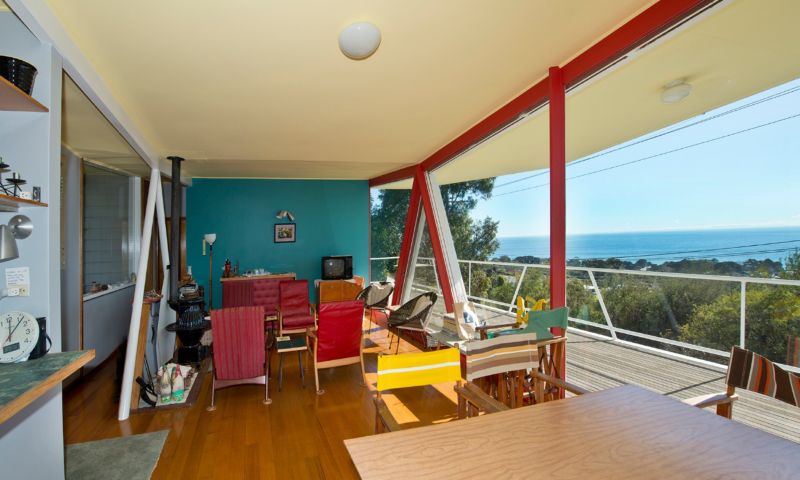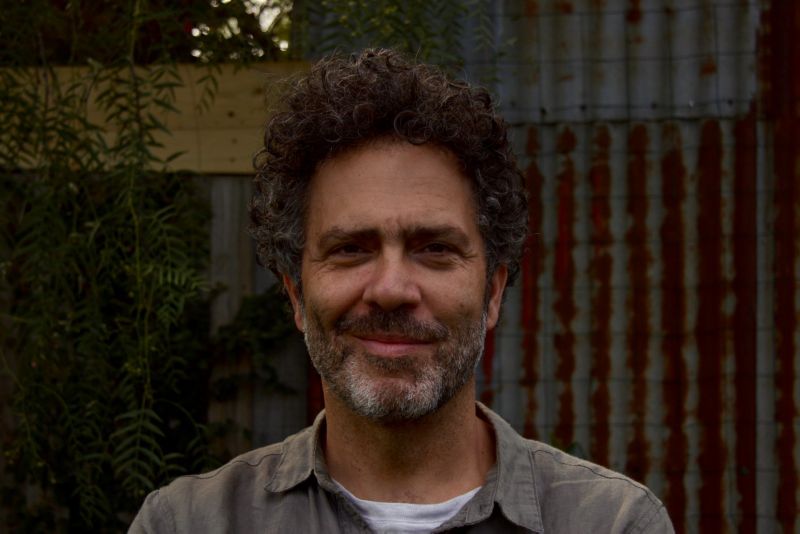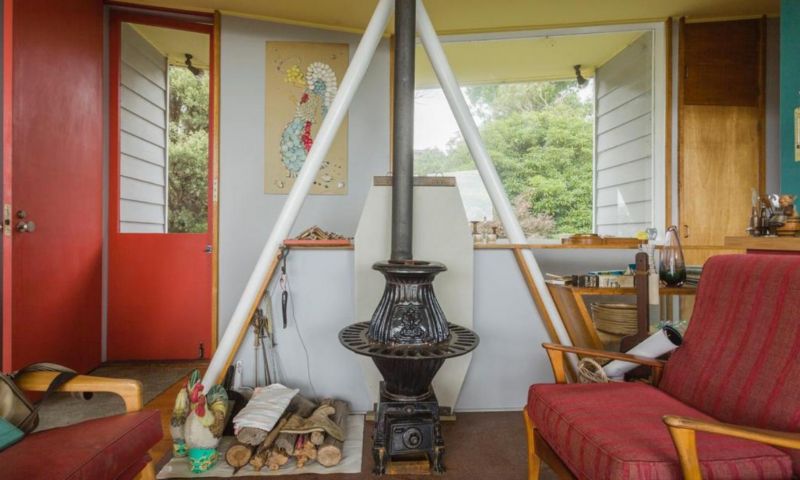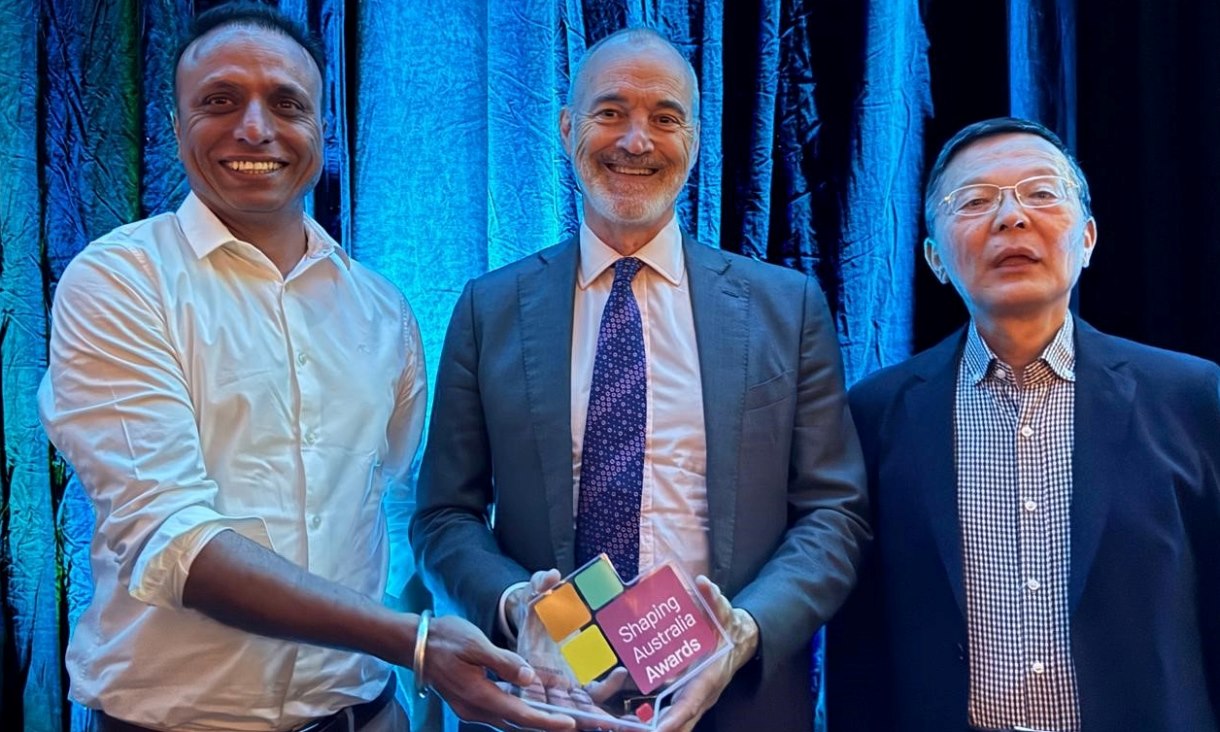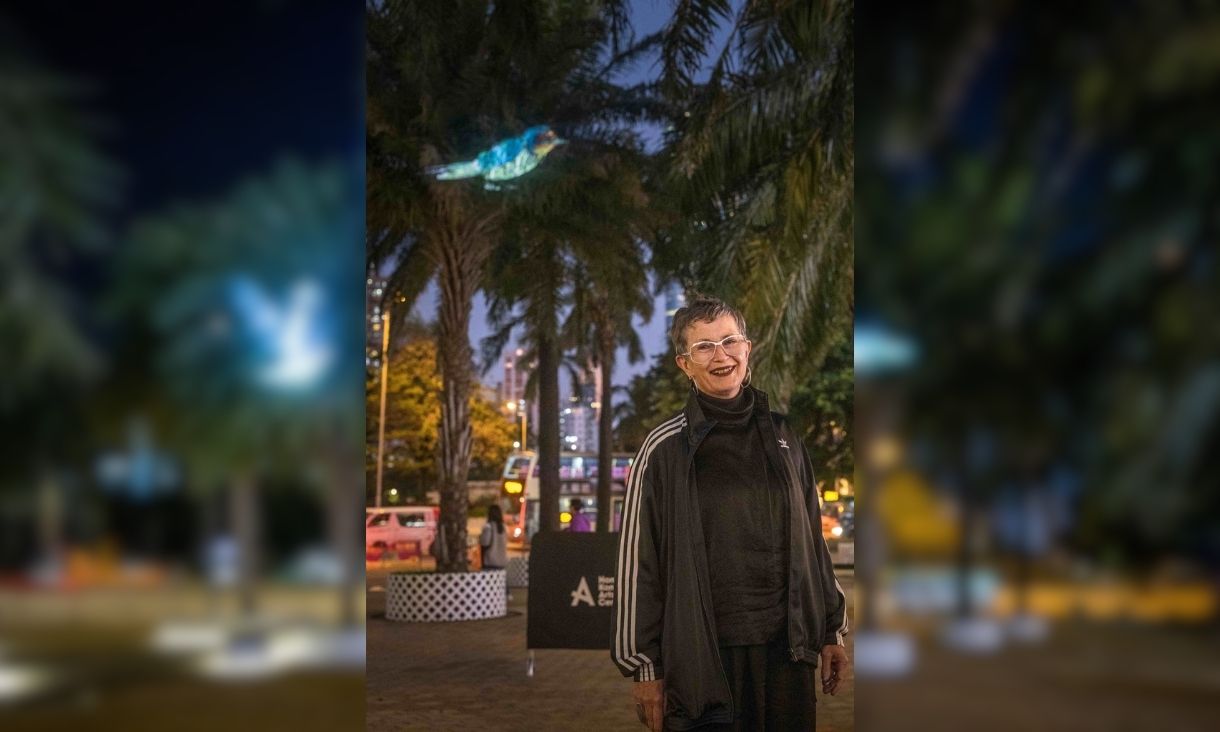Australia’s visual and craft arts sector likened to the gig economy in new report
A new study into the incomes and career lifecycles of Australia’s visual arts and craft workers has revealed conditions are deteriorating.
Coffee concrete wins national research award
RMIT University’s coffee concrete innovators have won an award at Universities Australia’s Shaping Australia Awards in the Problem Solver category, after tallying the most votes from the public.
AI-generated journalism falls short of audiences’ expectations: report
A new industry report has found audiences and journalists are growing increasingly concerned by generative artificial intelligence (AI) in journalism.
Poetic projections bring public art to Hong Kong neighbourhood
A new artwork by renowned Australian artist and RMIT Industry Fellow Professor Mikala Dwyer has premiered in Hong Kong as part of the Re: Tai Kok Tsui public art project.

